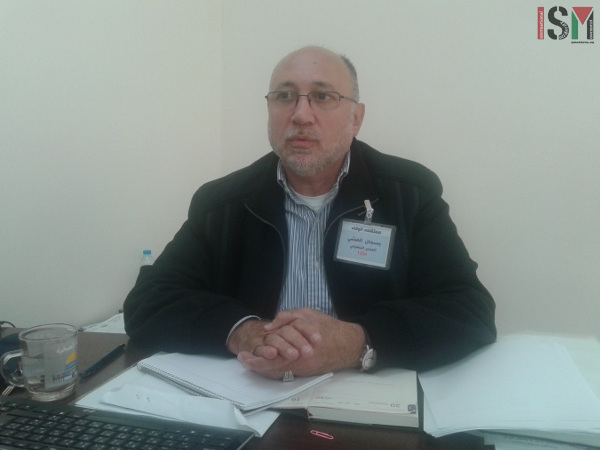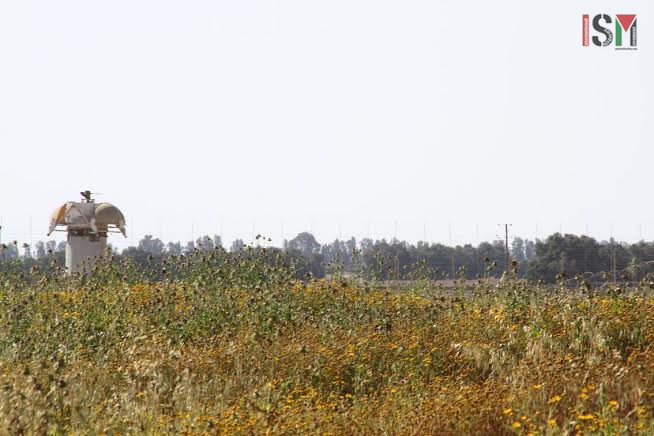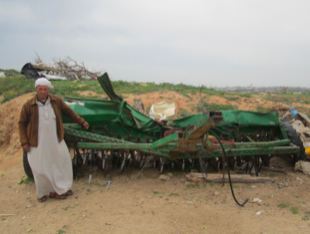Tag: Gaza
-
Interview with Dr. Basman Alashi in Gaza
11th April 2015 |Valeria Cortes, International Solidarity Movement, Gaza Team | Occupied Palestine “You corner me, you kill me, and on top of that you ask me not to defend myself. Human beings in this world have the right to defend themselves. We, as Palestinians, have the right to defend our land and our families by all…
-
VIDEO: Israel forces once again open fire at Palestinian farmers in Gaza
3rd April, 2015 | Miguel Hernández | Khuza’a, Gaza, Occupied Palestine As soon as we arrived at the land where the farmers wanted to work, about 80 meters from the zionist fence which borders and cuts of the Gaza Strip, an Israeli occupation military jeep stopped in front of us. A group of soldiers left the car and started shooting…
-
Last summer’s Israeli aggression is sending Gaza back to the Middle Ages
31st March | Miguel Hernández | Gaza, Occupied Palestine Zionist colonisers destroy the tools for self-sufficiency of Palestinians in Gaza Months after the last massive Israeli aggression against the Gaza Strip, thanks to the social and independent media, everyone has read news and seen pictures of the attacks from the zionist regime against residential buildings, United Nations shelter-schools, hospitals, ambulances, mosques,…



